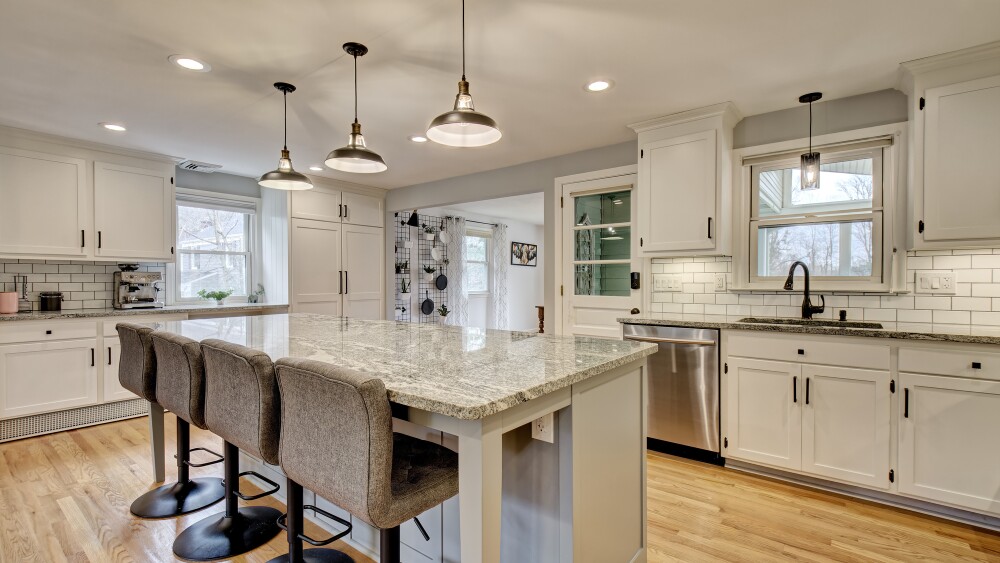Making the Right Decision for You Deciding between renting and buying a home is one of the most significant financial choices individuals and families face. Each option comes with its own set of benefits and drawbacks, and the decision hinges on various factors such as financial situation, lifestyle preferences, and long-term goals. In this article, we’ll explore the key considerations when weighing the pros and cons of renting versus buying a home.
Financial Considerations:Upfront Costs: Renting typically requires less upfront costs than buying. Renters generally need to pay a security deposit and the first month’s rent, while homebuyers face expenses such as a down payment, closing costs, and initial furnishings. Monthly Expenses: Renting often results in fixed monthly payments, making budgeting more predictable. However, homeownership involves mortgage payments, property taxes, homeowner’s insurance, maintenance, and potentially homeowners’ association fees. While mortgage payments may remain stable with a fixed-rate loan, property taxes and insurance costs can fluctuate.
Building Equity: One of the primary advantages of homeownership is the opportunity to build equity over time. With each mortgage payment, homeowners increase their ownership stake in the property. In contrast, renters do not build equity, and their monthly payments contribute solely to the landlord’s investment.
Lifestyle Considerations:Flexibility: Renting offers greater flexibility, allowing individuals to move more easily for job opportunities or lifestyle changes. Homeownership ties individuals to a specific location, making it less suitable for those who anticipate frequent relocations.
Customization: Homeownership provides the freedom to customize and personalize living spaces according to one’s preferences. Renters, however, are often limited in their ability to make significant modifications to the property.
Responsibility: Homeownership entails responsibilities such as property maintenance, repairs, and landscaping. Renters can typically rely on landlords or property management companies to address maintenance issues.
Market Considerations: Real Estate Market Trends: The decision to rent or buy may be influenced by current real estate market conditions. In a buyer’s market with low home prices and favorable interest rates, purchasing a home may be more appealing. In contrast, in a seller’s market with high demand and limited inventory, renting could be a more practical short-term solution. Long-Term
Investment: Historically, real estate has been considered a sound long-term investment, with properties appreciating in value over time. However, market fluctuations and economic uncertainties can impact the return on investment. Renting may offer greater financial flexibility, allowing individuals to invest their savings in other assets or opportunities.
Personal Goals:Financial Goals: Consider your long-term financial goals and how homeownership aligns with them. For some, owning a home may be a key milestone in building wealth and stability. Others may prioritize saving for retirement, travel, or other financial objectives.
Family Plans: If you have a growing family or plan to start one, homeownership may provide stability and space for your evolving needs. Consider factors such as school districts, neighborhood amenities, and future housing requirements when making your decision.
Risk Tolerance: Assess your risk tolerance and comfort level with potential financial risks associated with homeownership, such as property value fluctuations, unexpected repairs, and market uncertainties.
In conclusion, the decision between renting and buying a home is a complex and deeply personal one. It involves weighing financial considerations, lifestyle preferences, market dynamics, and long-term goals. Whether you choose to rent or buy, it’s essential to conduct thorough research, assess your individual circumstances, and make a decision that aligns with your values and objectives. Ultimately, the right choice is the one that best suits your unique needs and circumstances.

